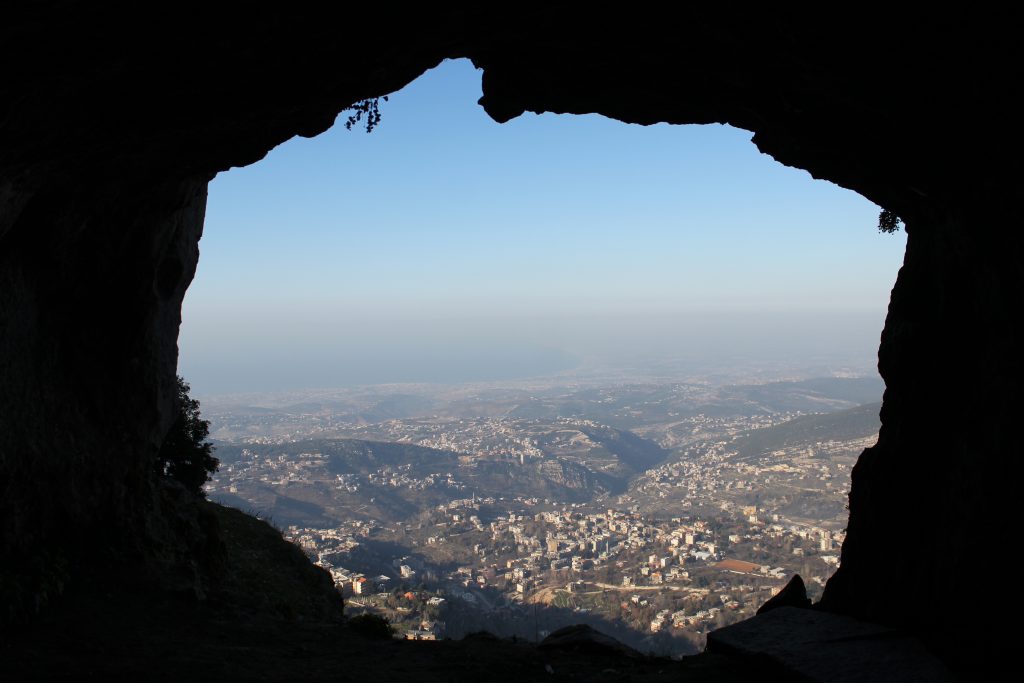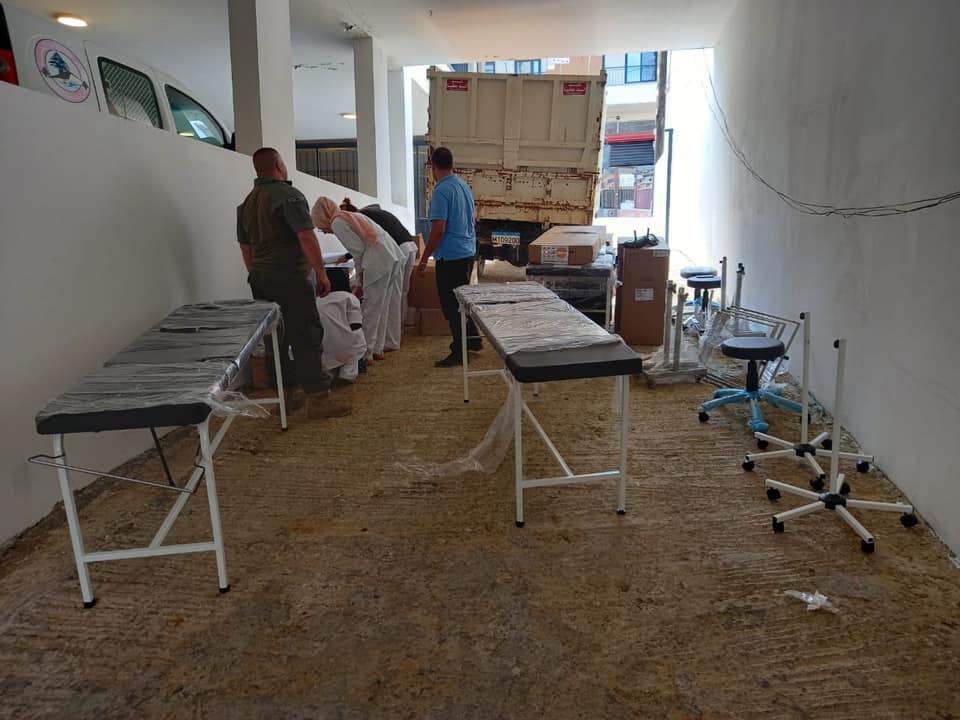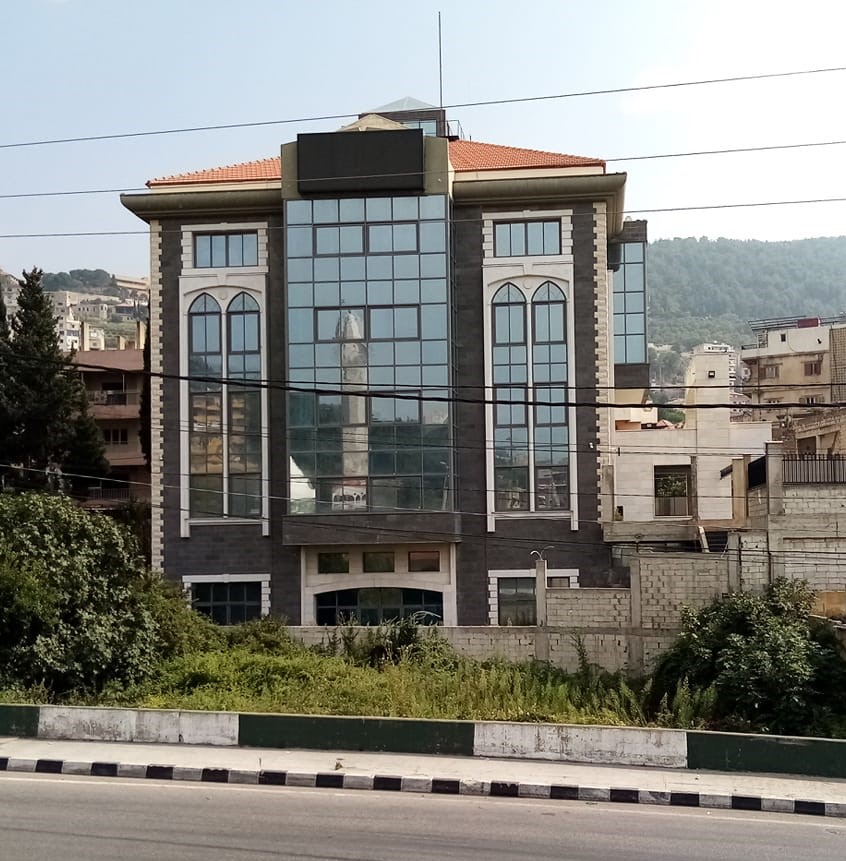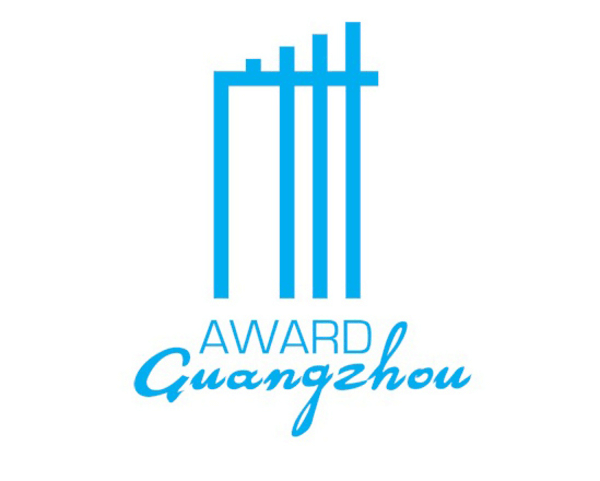City
Union of Dannieh Municipalities
Main actors
Regional Government, Private Sector, Community / Citizen Group
Project area
Whole City/Administrative Region
Duration
Ongoing since 2020
Citizen engagement in COVID-19 emergency response plan
In an attempt to address the repercussions of COVID-19, and in line with the Sustainable Development Goals (SDGs), the aim of the Union of Dannieh Municipalities is to engage citizens, especially young people, in governance issues. With the support of the Civil Society Organisations, the Union of Dannieh Municipalities has established an Emergency Response Plan with 15 volunteer committees comprised of young people with a high level of education. This is a way to cover a shortfall in staff and funding.
Committees include: Emergency and Relief Service, Volunteer Doctors, Nurses, Volunteers for Delivery Services, Call Center, Union Police Support, Health Committee (sterilization), Media and Communication, Guidance and Orientation, Data and Statistics, Follow-up and Monitoring, and logistical support.
External links / documents
On Map
The Map will be displayed after accepting cookie policy



